Even with tariffs shaking international food prices, not everything in your grocery cart is about to spike. Some familiar favorites are sticking to their regular price tags, thanks to strong domestic production and local supply chains. So, if you're scanning shelves with sticker shock, keep your eyes peeled for these pleasantly stable picks.
Local Apples
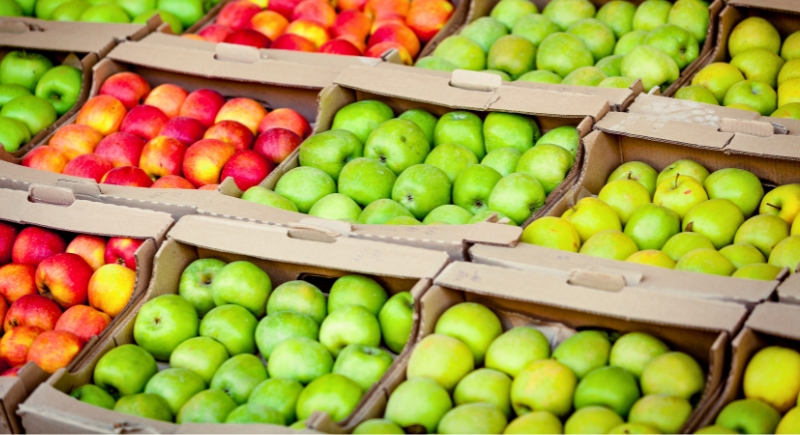
Credit: Getty Images
Apple lovers, your go-to snack is still safe from price hikes, thanks to nearly all apples sold in U.S. supermarkets being grown domestically. Washington state alone produces over 60% of the nation's apples, so imports aren't a major player here. Plus, many apple varieties are in peak supply for months, meaning your pies, crisps, and healthy lunches stay sweet without your budget feeling sour.
Domestic Cheddar Cheese
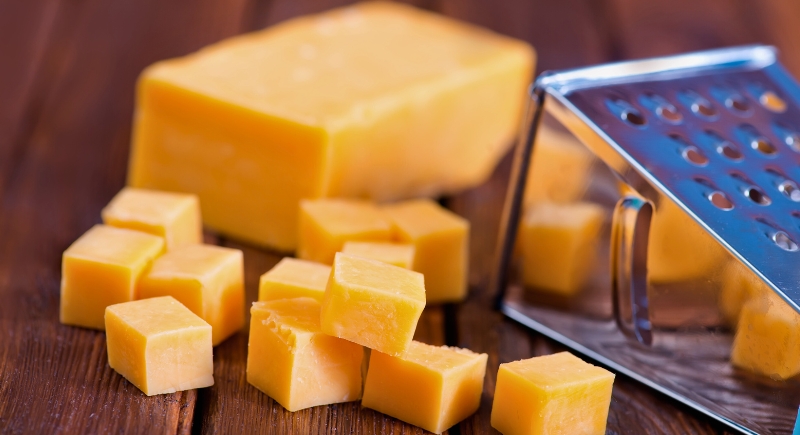
Credit: Canva
Cheddar isn't going anywhere—well, price-wise, at least. Made across Wisconsin, Vermont, and beyond, this sharp favorite is rooted in the American dairy industry. Tariffs on imported cheeses may nudge up the cost of fancy foreign wedges, but cheddar made in the U.S. skips all that drama.
American-Grown Rice
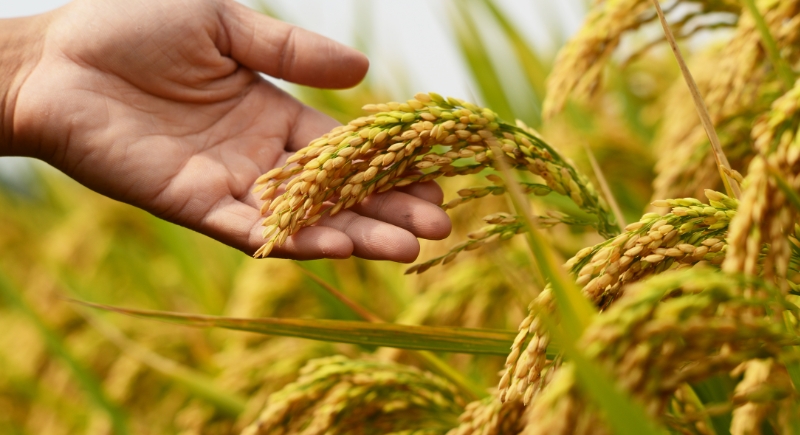
Credit: Getty Images
Rice grown in Arkansas, California, and Louisiana covers nearly all U.S. consumption, meaning you won't be paying more for your stir-fries and casseroles. Arkansas produces almost half the nation's rice. So yes, you can keep your rice cooker working overtime without cooking up added costs.
Locally Sourced Honey
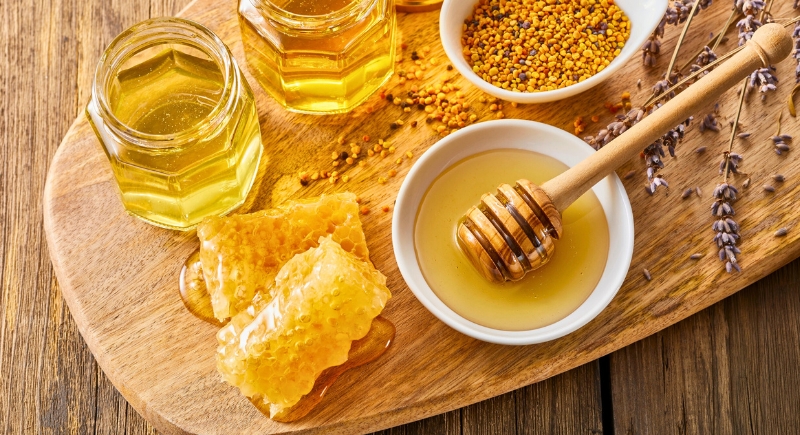
Credit: Aflo Images
Sticky and sweet, local honey is keeping its mellow price point. This is because small-scale U.S. beekeepers dominate the honey scene at farmers' markets and grocery stores alike. Unlike imported honey, which could be tariff-affected, locally jarred batches stay clear of global pricing drama. Interestingly, some folks say local honey may help with allergies since it contains pollen from your area's plants. Talk about multitasking.
Domestic Peanut Butter
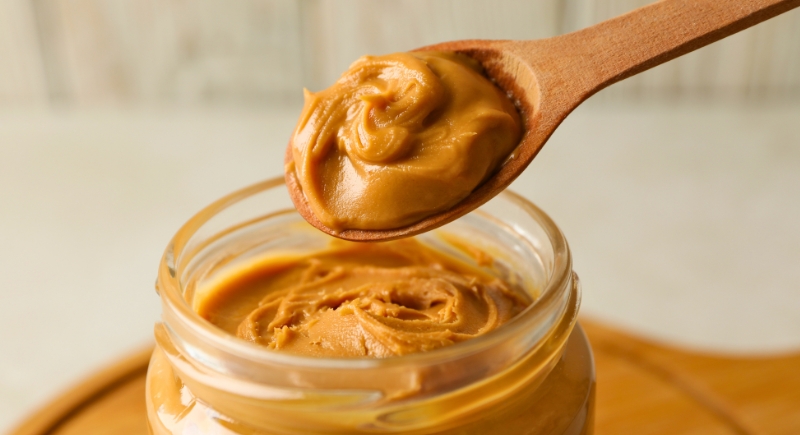
Credit: Canva
Whether you go creamy or crunchy, you're in luck—peanut butter's sticking to its usual cost. The U.S. grows more peanuts than it imports, with Georgia leading the pack. That strong domestic base means even during tariff shifts, your sandwich spread stays steady. Plus, it's rich in protein, shelf-stable, and nostalgic to boot. Basically, it's budget-friendly comfort food in a jar—and nobody's messing with that.
U.S.-Grown Potatoes
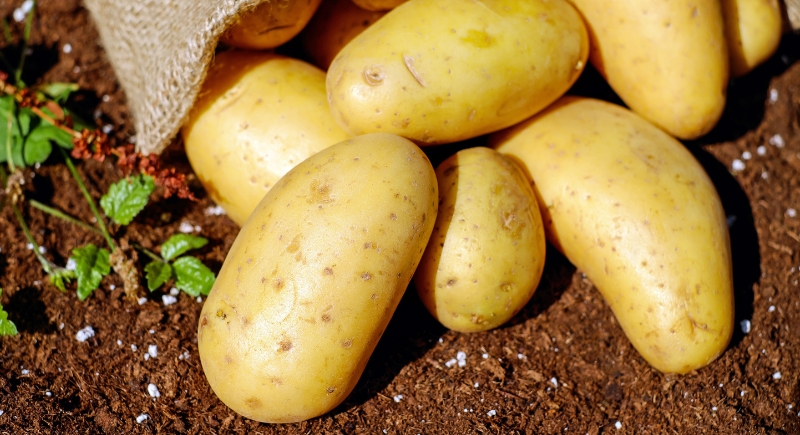
Credit: pixabay
From mashed to hash browns, potatoes are still holding their humble spot on your plate and in your budget. Thanks to states like Idaho and Washington, the U.S. is self-sufficient when it comes to spuds. Imports are minimal, and tariffs don't touch the vast majority of what ends up in stores.
Domestic Chicken
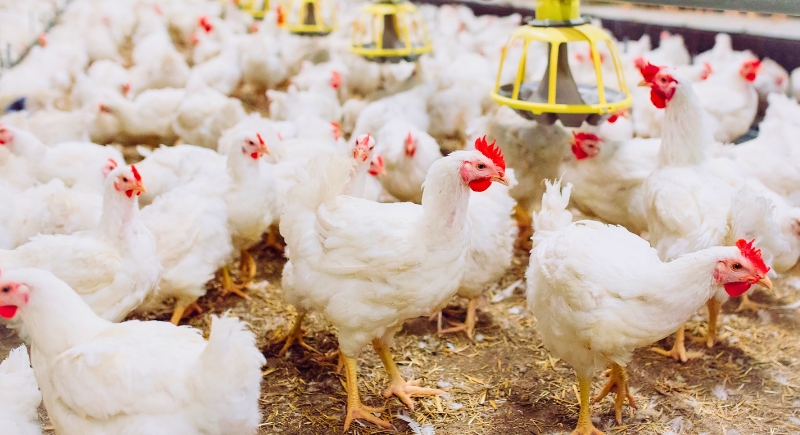
Credit: Getty Images
Chicken dinners remain delightfully affordable, and there's a good reason for it—most chicken consumed in the U.S. is raised here, thanks to a highly efficient poultry industry. The U.S. exports more than it imports when it comes to chicken, so global tariff tension barely ruffles a feather.
Locally Baked Bread
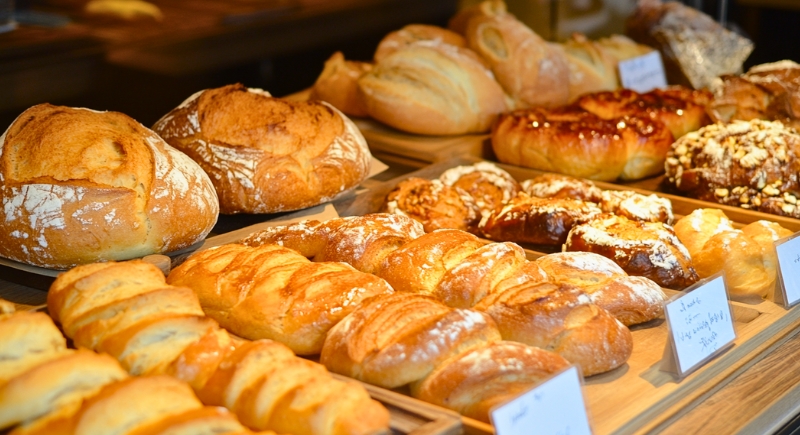
Credit: Canva
If you love carbs (and honestly, who doesn't?), there's good news: local bakeries and commercial bread producers are keeping things low-key and low-cost. Since bread is largely made using domestic grains like wheat and corn and baked close to the point of sale, there's minimal reliance on imports. That means your morning toast and lunchtime sandwich are safe from extra expenses.
U.S.-Produced Milk
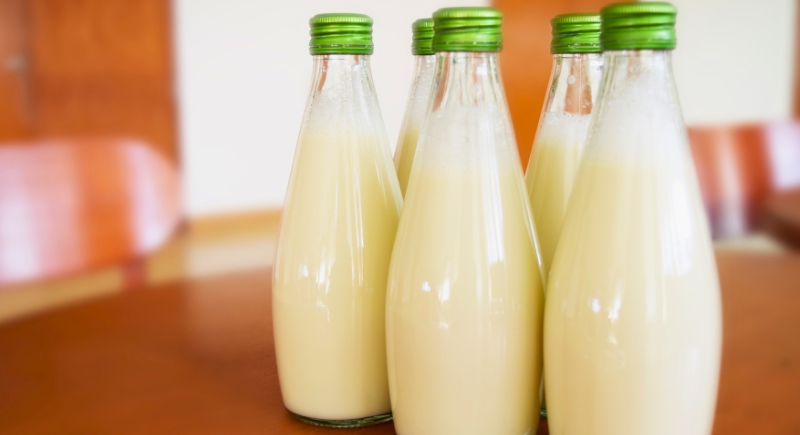
Credit: pixabay
Milk prices remain moderately calm despite trade shifts. With dairy farms spread across the country—from Wisconsin's sprawling pastures to California's mega-dairies—the U.S. supplies nearly all of its milk. So you can rest easy knowing that your daily dairy dose won't suddenly go premium.
Domestic Eggs
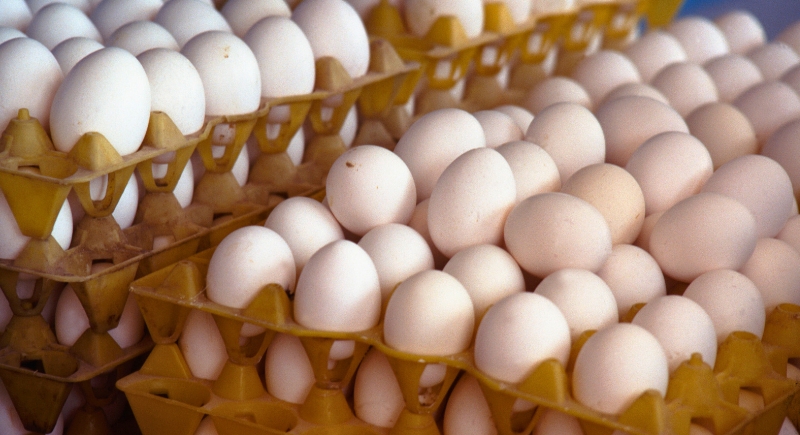
Credit: Canva
The humble egg, versatile and budget-friendly, is holding strong on store shelves. U.S. egg producers supply the vast majority of what's sold in grocery stores, so import tariffs aren't cracking their pricing.
American-Grown Lettuce
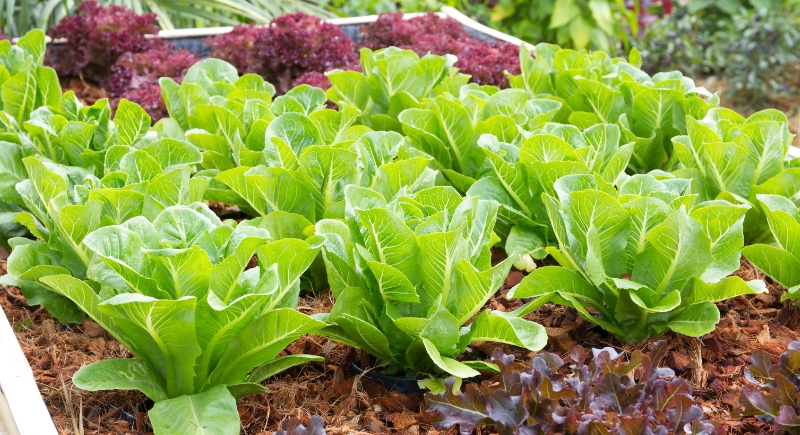
Credit: Getty Images
Over 90% of America's lettuce comes from California and Arizona, which means foreign tariffs won't wilt the price tag. Since it's a perishable item and travels best when grown close by, lettuce production stays largely domestic. That keeps it fresh in your crisper and reasonable at checkout—something to appreciate the next time you whip up a leafy lunch.
Domestic Orange Juice

Credit: Getty Images
Tariffs can't squeeze the price of your morning OJ, thanks to Florida's citrus groves and U.S. processing plants. While international orange juice does exist, most of what's on shelves is blended or sourced from local crops.
U.S.-Caught Fish
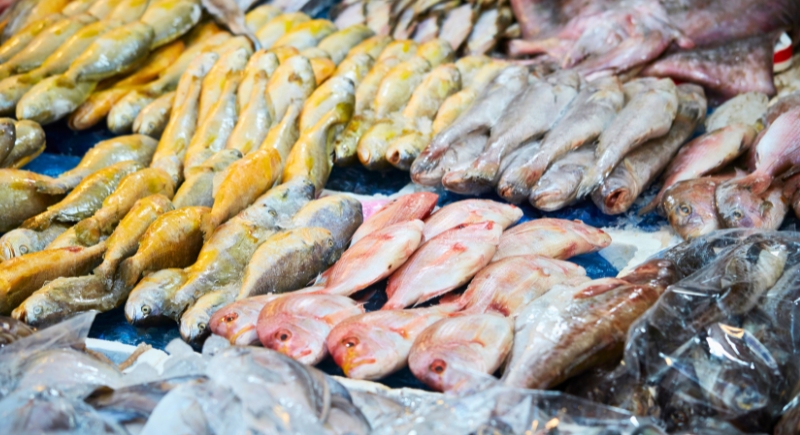
Credit: Getty Images
If your dinner plans include salmon or cod, you're in good shape—American fisheries off Alaska and along the Gulf Coast keep your fillets free from tariff-induced hikes. Imports might be impacted, but U.S.-caught fish like halibut, pollock, and shrimp still make it to your plate without financial fuss. Domestic seafood often has stricter quality regulations, so it's also fresher, local, and easier on your grocery tab.
Domestic Beef
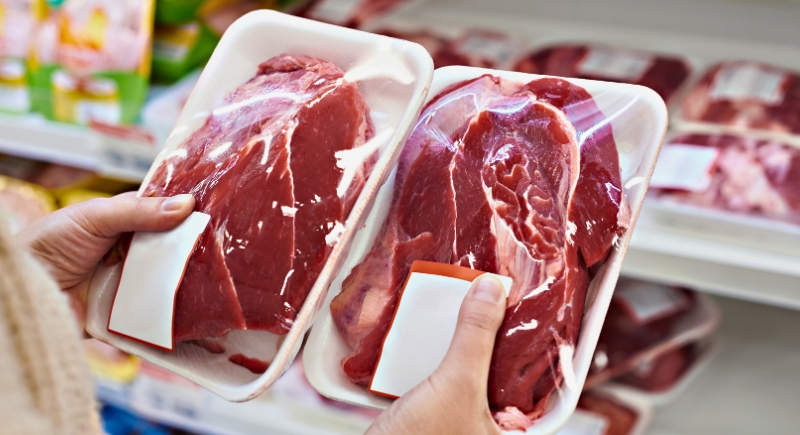
Credit: Getty Images
Red meat fans can keep flipping burgers and searing steaks without financial heartburn. The U.S. beef industry supplies a massive portion of what's sold in grocery stores. That helps keep your ribeyes and ground chuck consistent in price, even as global trade shifts.
American-Made Pasta

Credit: pexels
Pasta night isn't going anywhere. Most dried pasta on U.S. shelves is produced domestically using American wheat. Since it doesn't rely on imports, tariffs won't twist its price. Stock up and keep those comfort meals coming without breaking the bank.
Locally Grown Tomatoes
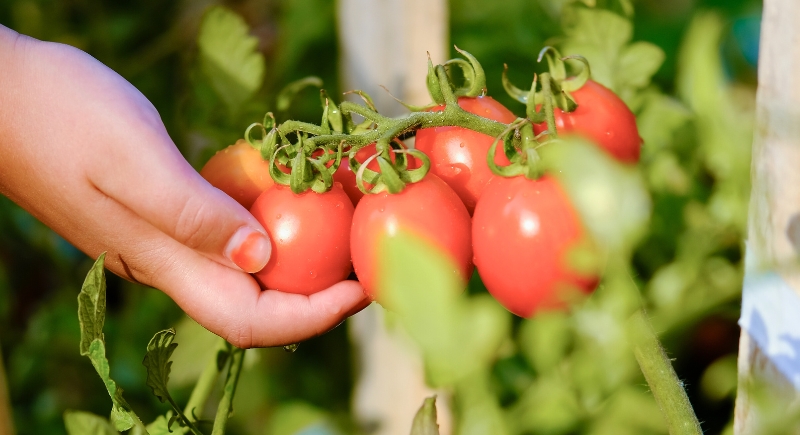
Credit: Getty Images
Fresh, sun-ripened tomatoes grown in states like California and Florida are still going strong. These juicy essentials are primarily cultivated on American soil, which keeps them off the tariff radar. You'll still get great flavor without sticker shock. Plus, buying local tomatoes supports nearby farms—which makes your BLT feel even better.
U.S.-Grown Sweet Corn
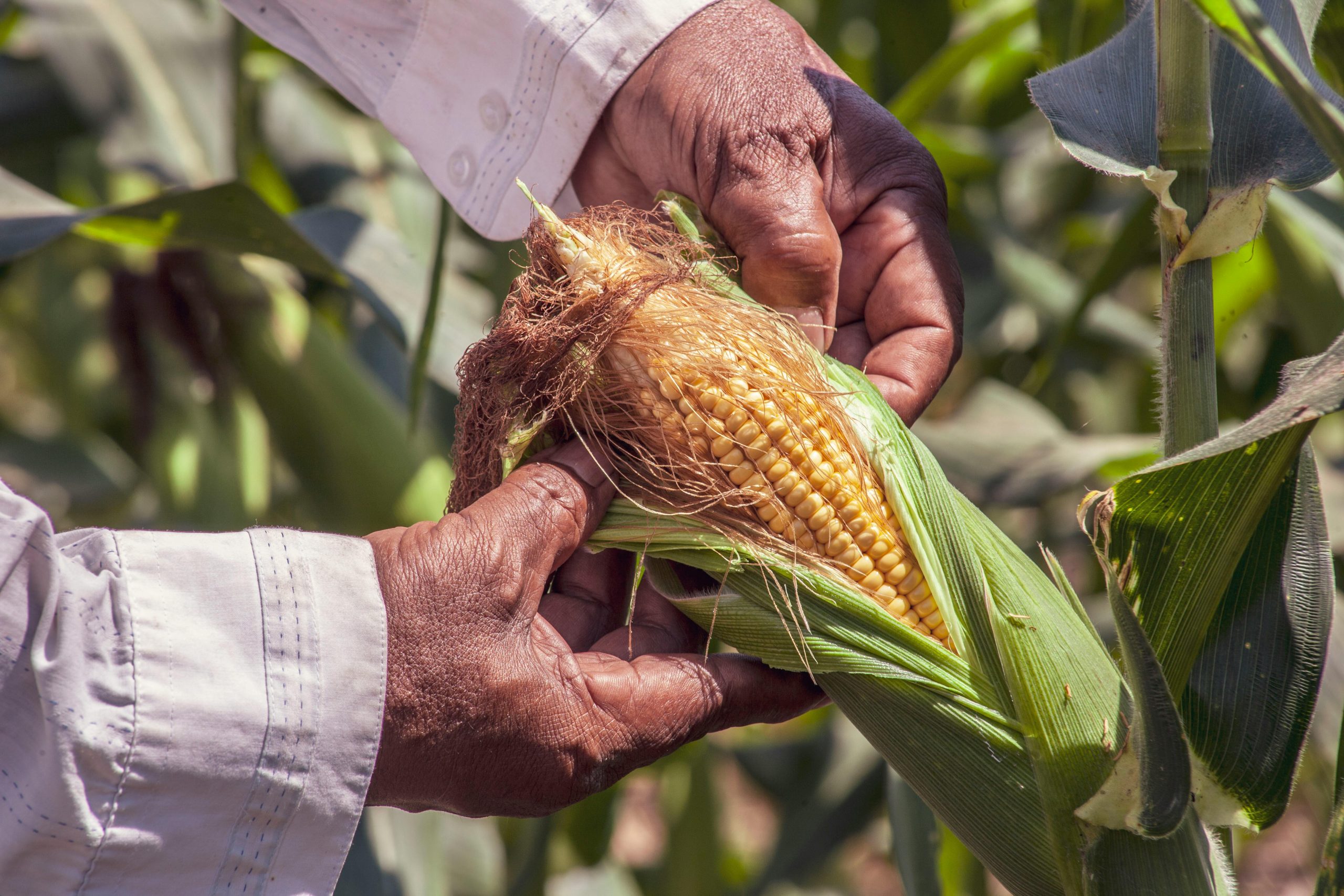
Credit: pexels
Summer BBQs are safe—sweet corn is still a budget-friendly staple. It grows abundantly in states like Iowa and Illinois, but it’s rarely imported, keeping it off the tariff radar. Whether grilled, boiled, or tossed in salads, this golden favorite stays affordable and delicious.
